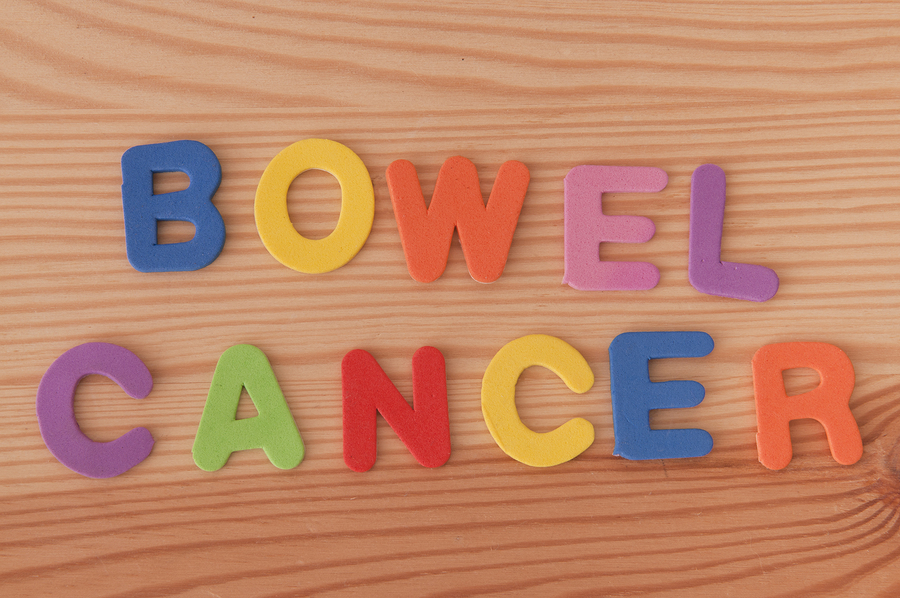Bowel Cancer Awareness
Bowel cancer is the UK’s second deadliest form of cancer and over 40,000 people every year find out that they have it.
Shockingly, a large number of people make the fatal mistake of assuming the symptoms they are experiencing are that of piles and not bowel cancer. Knowing how the two health conditions differ is essential in knowing the next actions to take. Below is a short Q&A for both piles and bowel cancer.
Piles
What are piles?
Piles or haemorrhoids as they are otherwise known, are soft swellings that form around the rectum. They can either develop internally or externally – internal piles or external piles.
What are the symptoms of piles?
The symptoms of piles include:
- Itching or sensitive lumps around the back passage
- Discomfort when passing stools
- Heaviness experienced around the anus
- Bright red spotting or bleeding around the back passage
Who is at risk?
The risk factors that can cause piles vary. However the most common risk factors include: Pregnancy, age, frequently lifting heavy objects, genetics, constipation or diarrhoea.
Are piles dangerous?
Piles (haemorrhoids) are not considered to be dangerous but they are irritating. With the right treatments and lifestyle changes, the symptoms of piles can be alleviated effectively.
How can piles be treated?
The symptoms of piles can be managed with the right care. A doctor will usually advise you to increase your fibre intake. You may also be advised to take a bulking agent if you are suffering from constipation or diarrhoea (a known risk factor). Treatments like topical creams or suppositories can alleviate the burning sensation and discomfort caused by haemorrhoids. In severe cases, a doctor may recommend surgery.
Bowel cancer
What is bowel cancer?
Bowel cancer, or colorectal cancer, affects the large bowel and rectum. In most cases, it grows gradually over a period of up to 10 years, before it starts to spread and affect other parts of the body.
What are the symptoms of bowel cancer?
It is true that many of the symptoms of bowel cancer can resemble that of piles, but there are slight differences.
- Constipation
- Diarrhoea
- Feeling tired, or dizzy
- Bleeding from the rectum
- Blood in the stools
- Sudden weight loss
Who is at risk?
Bowel cancer affects men and women and can affect anyone of any age. Risk factors can include: diet, being over weight and genetics.
Is bowel cancer dangerous?
Bowel cancer is the second biggest cancer killer in the UK. However if it is diagnosed early, it can be treated. It is important that any symptoms experienced should be checked with a doctor immediately.
How can bowel cancer be detected?
A doctor will usually perform a rectal examination. From here you may be referred to a specialist, where you will have a rigid sigmoidoscopy, colonoscopy or CT colonography.
The infographic below is a great aid for people who are worried that there something more serious happening. So take a look at this infographic, and make sure that you and your loved ones are as prepared as you can be.

Image created by HealthExpress.co.uk
Latest posts by Sally - Silversurfer's Editor (see all)
- Do you like the new Jaguar rebrand? - November 21, 2024
- Christmas Decorations Masterclass: Make your own Festive Wreath, Garland and Flower Centrepieces - November 21, 2024
- Finding warmth in cold days - November 21, 2024
- Fall in love with Norfolk Hideaways - November 20, 2024
- Would you prefer a cup of tea or a gin & tonic? - November 19, 2024





















